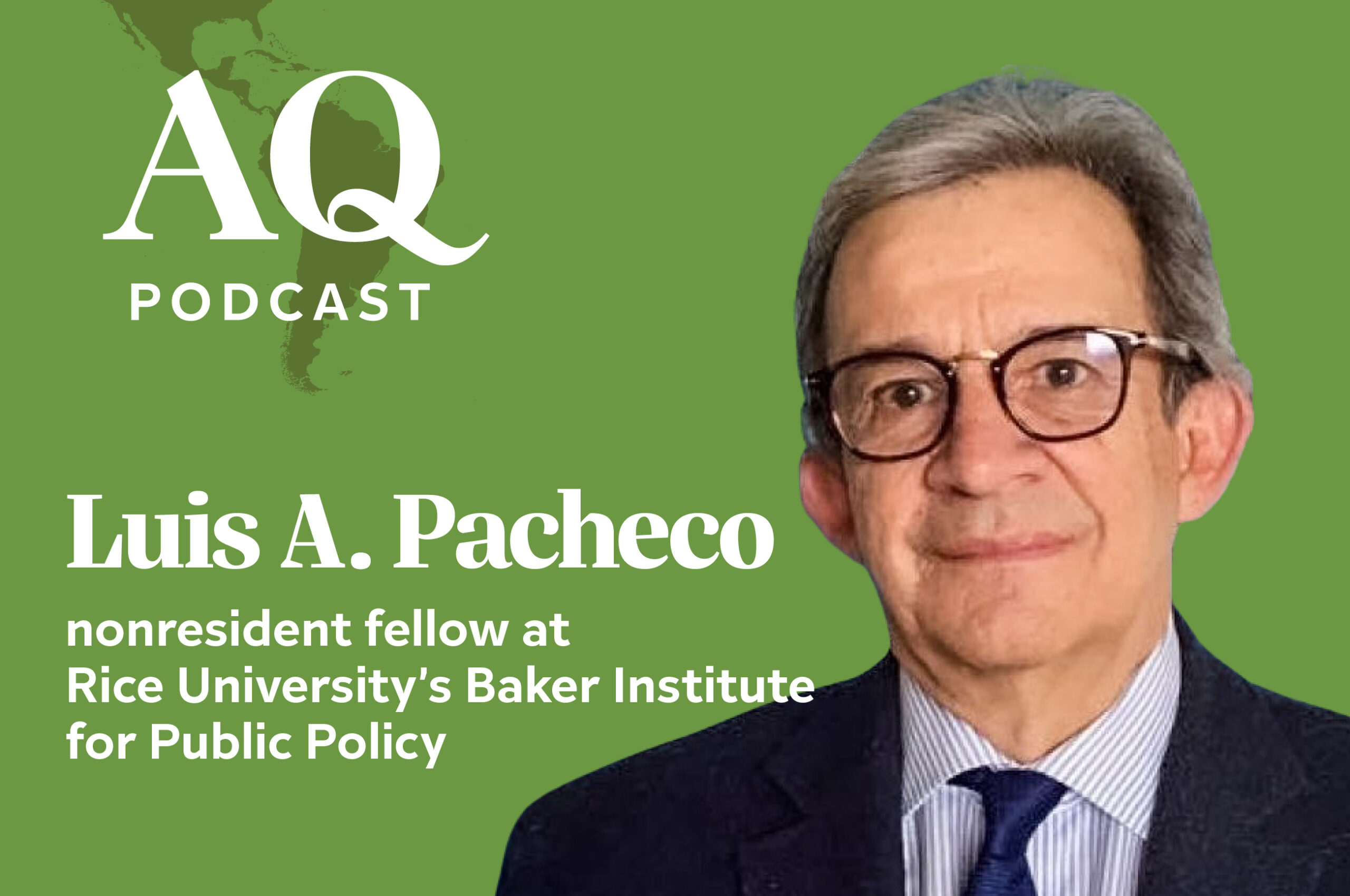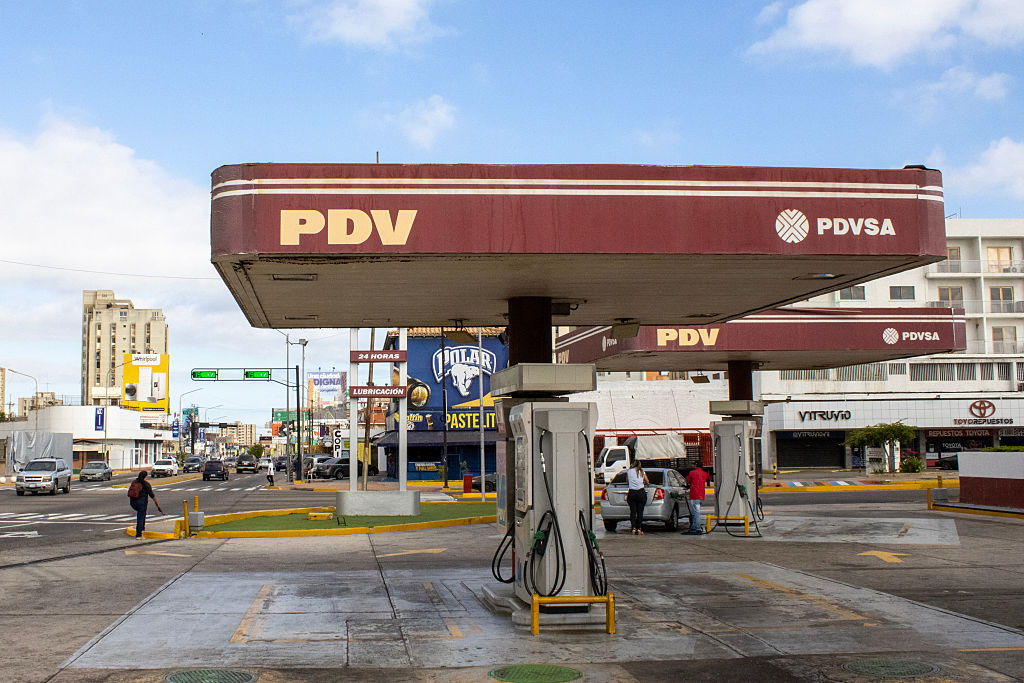Global Energy Crisis: The Outlook for Latin America
Global Energy Crisis: The Outlook for Latin America
Senior public- and private-sector leaders discussed the future of energy markets in Latin America amid price spikes, supply shortages, and the ongoing energy transition.
Speakers
- Jaime Caballero, CFO, Ecopetrol Group
- Alejandro Daniel Lew, CFO, YPF
- Lourdes Melgar, Research Affiliate, MIT's Center for Collective Intelligence; Non-resident Fellow, Center of Energy Studies, Baker Institute
- Dr. Luisa Palacios, Senior Research Scholar at SIPA's Center on Global Energy Policy, Columbia University
- Nymia Almeida, Senior Vice President, Moody's Investors Service (moderator)
Although Latin America is not responsible for the 2021 global energy crisis, today’s shortages affecting Europe and China can be traced back to climate change’s impact on the generation of renewable energy in the Americas. As a result of droughts plaguing Latin America, for example, the region has been looking towards increasing the role of natural gas in its energy matrix, explained Dr. Luisa Palacios, senior research scholar at SIPA's Center on Global Energy Policy Columbia University, on an AS/COA panel.
“We see gas as an energy transition fuel, a bridge between diesel and gasoline, and new solutions that will emerge later in an electrified world,” said Jaime Caballero, CFO of Ecopetrol Group. Thus, the country is seeking to double its gas supply over the next 10 years. In Argentina, “resources are plenty,” said Alejandro Lew, CFO of YPF. “We have 100 years of resources just in Vaca Muerta, but we have bottlenecks in terms of natural gas pipelines,” said Lew, so the country is looking to invest in a natural gas plants to not only supply its needs but also export liquified natural gas to the rest of the world.
Lourdes Melgar, Mexico’s former vice minister of energy for hydrocarbons, spoke about the new energy reform proposed by President Andrés Manuel López Obrador, which seeks to use oil as the motor for the country’s development. Melgar, now a research affiliate at MIT's Center for Collective Intelligence and a non-resident fellow at the Baker Institute’s Center of Energy Studies, hopes the Mexican Congress will halt the proposal and that the country follows the the rest of the region’s trajectory. “The energy transition is a process—it signals a regime change. It entails a redesign of the economic model, balance of powers, and geopolitical map of the world, and it requires a redefinition of the social contract,” said Melgar.








